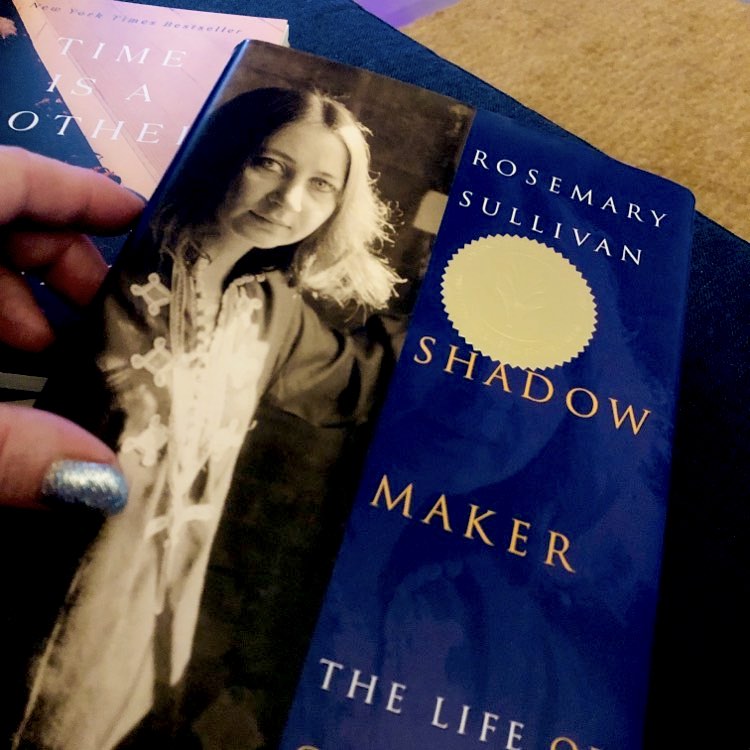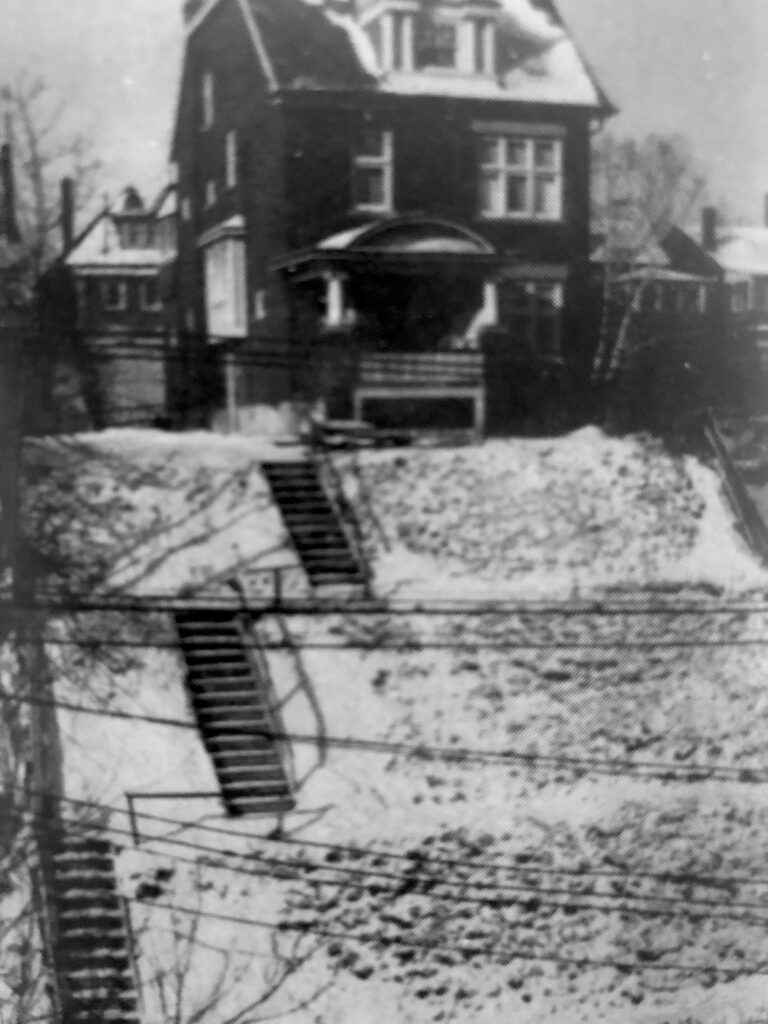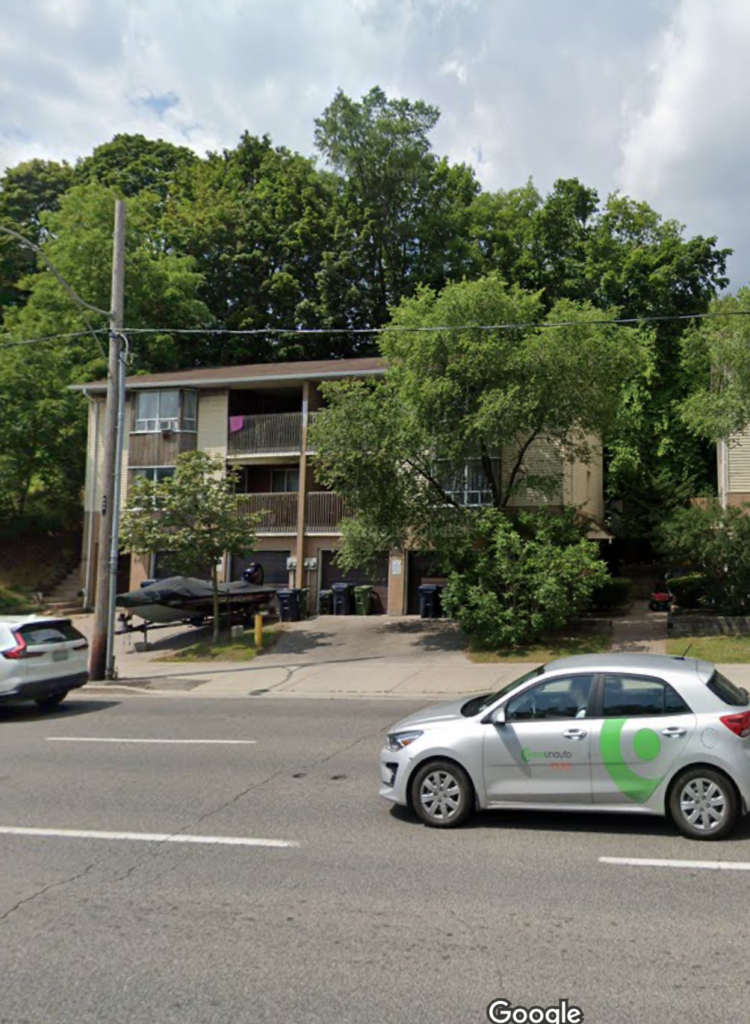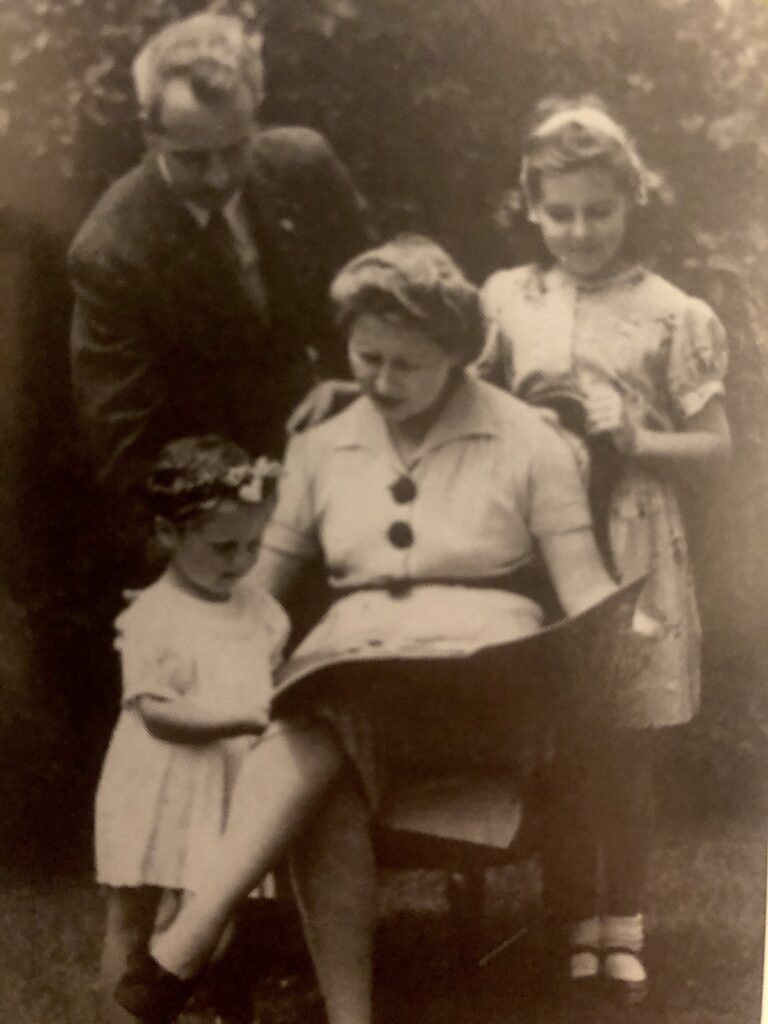A meticulously researched biography penned by Rosemary Sullivan, an accomplished author, painter and scholar. MacEwen, a prolific Canadian poet born in 1941, led a complex life, marked by the duality of her public persona and the intensely of her private struggles.
…our skulls like drums,
like tonal caves
echo, enclose.
-Gwendolyn MacEwen
Hailing from a working-class Toronto family, MacEwen’s early life was marred by familial challenges. Her mother, Elsie, grappling with mental instability, spent a significant portion of her life in institutions, while her father, Alick, sought solace in alcohol amid the complexities of his wife’s illness and unfulfilled aspirations.

Despite these adversities, MacEwen rose to literary prominence, achieving the notable feat of publishing twenty books in twenty-six years. Her association with the American Beats, including luminaries like Kerouac, Ginsberg, and Corso, marked a significant milestone in her career. Notably, MacEwen’s accomplishments were particularly remarkable given the historical challenges faced by women authors.
The biography sheds light on the profound impact of MacEwen’s tumultuous upbringing on her artistic endeavors. Unraveling the layers of her psyche, Sullivan explores the multifaceted dimensions of MacEwen’s personality, which was shaped by the turbulence of her family life.
Biography is a form of revenge against life, a rebellion against the impossible fact that a life can disappear so easily all that energy, passion, humour that constitutes an individual can one day simply stop.
-Rosemary Sullivan
Renaming herself Gwendolyn (Gwen), MacEwen early on discarded her given name in exchange for Wendy, which for her, signified a conscious choice to be recognized as a serious artist. Sullivan delves into the intricate details of MacEwen’s family dynamics, revealing the pervasive influence of her mother’s mental health struggles and the consequent limitations imposed on MacEwen’s educational opportunities.
The biography highlights the challenges MacEwen faced during the Depression era, growing up in a modest home at 38 Keele Street and later with her mom, in a building at 89 Indian Grove.

photo by Carol Wilson.

photo from Google Maps.
Gwen’s mom was born in Toronto in the early forties when the city was unaffectionately referred to as Hogtown, a reference to the many slaughterhouses that existed at the time. With a population of under seven hundred thousand, Toronto was in a considerably different time and when you think of the 2.93 million people here today, it you can imagine life was much, much slower.
Elsie, Gwendolyn’s mother lived a poor, yet humble life with her husband, and had voluntarily entered herself into a sanitarium when “life got too tough”. Elsie, Gwen’s older sister was also later sent to a psychiatric hospital where she was diagnosed a hysteric, a term deleted from the Diagnostic and Statistical Manual of Mental Disorders in 1980.
Judging by Elsie’s perfectionism which caused an inability to work, today Gwen would more likely be diagnosed as an Obsessive Compulsive with Attention Deficit, and quite possibly Post Traumatic Stress, consequently treated with physiotherapy and/or pharmaceutical medications. I suggest this because it’s not uncommon for people who are born into a chaotic home to assume characteristics that offer their inner child some semblance of control over their environment.
Her exaggerated ambitiousness with her inability to stand her failures and her inner insecurity make her situation intolerable … She evades her responsibilities and when taken from them she reacts in a healthy way. She is just a typical neurotic person who has lost her courage, inner security and self-confidence.
–Queen Street Mental Health Centre’s (now known as CAMH) diagnosis of Gwen’s condition.
Sullivan references a series of letters exchanged between MacEwen and her father, unveiling the profound impact of familial relationships on her artistic ambitions. The narrative hints at potential underlying abuse in MacEwen’s early life, providing a nuanced perspective on the family dysfunction.

Centre: Elsie McEwen, left to right: Gwendolyn (age three), Alick McEwen), and sister Carol. Photo by Carol Wilson.
Sullivan skillfully examines the societal perceptions of artists, emphasizing the undervaluation of their contributions. The early sixties spawned a juggernaut of threat-deflecting activism from artists such as Leonard Cohen, David Cronenberg, Margaret Atwood and Michael Ondaatje, all of whom provided Gwen with inspiration and drive towards her writing. MacEwen’s struggles with alcohol and the subsequent breakdown of her relationships and finances reflect a societal neglect of artists, a theme that resonates throughout the biography.
Intriguingly, MacEwen’s literary prowess extends beyond her personal experiences, demonstrated by her profoundly accurate attempt at a novel set in Palestine, despite never having visited the region. Her ventures into political literature also showcase her ability to empathize with environments she had not personally encountered.
The biography concludes with MacEwen’s tragic demise at the age of forty-six, succumbing to health issues exacerbated by alcoholism. She rests in Toronto’s Mount Pleasant Cemetery, leaving behind a legacy that, despite its challenges, speaks to the resilience and creativity of a remarkable artist.
Shadow Maker: The Life of Gwendolyn MacEwen is an intimate exploration of the complexities that shaped this extraordinary poet. Sullivan’s masterful storytelling unveils, not just the life of MacEwen, but also offers profound insights into the broader struggles faced by artists, making this biography a compelling and thought-provoking read.
Gwendolyn MacEwen is buried in Toronto’s Mount Pleasant Cemetery.

Review & photos by Raymond Helkio for The Reading Salon.
Thank you Stedmond Pardy for gifting me this biography.
